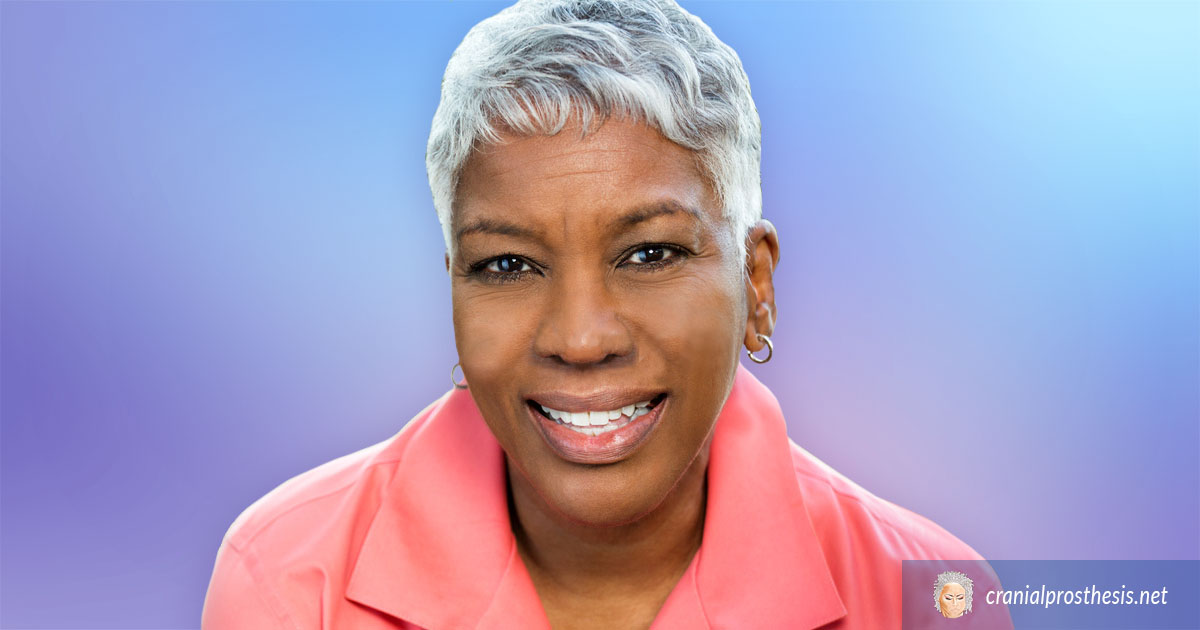
If you’ve discovered a few gray hair strands dangling from your head, don’t be alarmed. As our age increases in numbers, so does our hair. From the moment you are born your hair begins its journey through life.
GRAY, DRY & BRITTLE, HAIR LOSS, THINNING OR LIMPNESS. These are all the signs of aging hair.
Does your hair really change every 7 years?
We are born with approximately 100 thousand hair follicles that are set to go through a growth cycle in different ways. This applies to everyone throughout the duration of your life.
The growth cycle consists of four phases. These include anagen, catagen, telogen and exogen phases. These 4 phases are very distinct from one another and function in a systematic way. So, it is highly important to consider the dynamics of your hairs cycle to get to know how your hair ages.
Hair Age
The growth cycle explained through its phases:
Anagen Phase (lasts between 2 – 7 years)
The anagen phase can also be referred to as the growth phase. It’s the first step in the growth cycle. During this phase the hair bulb cells begin to divide at a fast pace resulting in hair growth.
Catagen Phase (2 -3 Weeks):
This is the transition stage, and the shortest in time. The catagen phase is the stage when the hair stops growing completely and begins to detach itself from the blood supply. This hair is labelled as club hair.
Telogen Phase (up to 3 months):
Telogen is also known as the resting phase of the hair growth cycle. Following on from the previous stage, the club hair begins to rest, whilst new hair grows underneath, which will eventually take the place of the club hair.
Exogen Phase:
This is the last phase in the cycle. This is where the club hair detaches itself and begins to fall out. Incidentally, this is why it is normal to lose 50 to 100 hairs a day. You should only be alarmed if you experience excessive hair loss suddenly.
And finally, once this phase has completed, the follicle returns to the anagen phase ready to begin the cycle again.
So What Are The Factors Of Aging Hair?
As we briefly pointed out above, there are a few significant factors that show signs of aging in years.
Gray hairs
The appearance of gray hair can sometimes make people feel they are old. Studies show that most people will notice gray hair in their 30s. And others by the time they are 40 and 50. However, there are some people who develop gray hair at an earlier age. This is due to the decreased amount of pigment being produced.
Sadly, you cannot prevent your hair from going gray. But, many people use a variety of products to cover their grays. On the other hand, there are people that love and embrace their silver tresses.
Dryness
Over time, our oil glands produce less natural oils, causing dryness. This can often lead to your hair becoming brittle. Particularly when you are older.
Dry hair can be treated. The best types of products to use are those that contain moistening agents such as argan, coconut and many others.
Thinning/ Limp hair
Losing hair daily is perfectly normal. But, if you notice excessive amounts as you age, this is not uncommon. On average, both men and women lose about 100 hairs per day. However, as you age, it is quite normal for hair to thin. Women of the menopausal age will experience some sort of thinning due to hormonal changes in the body.
Brittleness
Over usage or improper use of chemical products, heated styling tools, and hair dyes contribute to brittle hair. It causes it to become dry and prone to breakage. However, as you get older, your hair loses its elasticity causing it to become brittle.
No matter what you do, you cannot reverse your age. So do not let this worry you, if you are losing your hair as it is perfectly normal. 60% of Women will be affected by some sort of hair loss by the time they are 70.
At our Uptown New York Style hair salon, we at Cranial Prosthesis pride ourselves in offering non-surgical hair replacement systems for women who are experiencing hair loss or thinning. Our high expertise ensure that your confidence is restored!
Why not give us a call today at (619) 820-0290 to book a free non-obligatory consultation. We are always happy to help and consult with you the options we have available.
You may also enjoy reading: Hair Loss In Ethnic Hair










